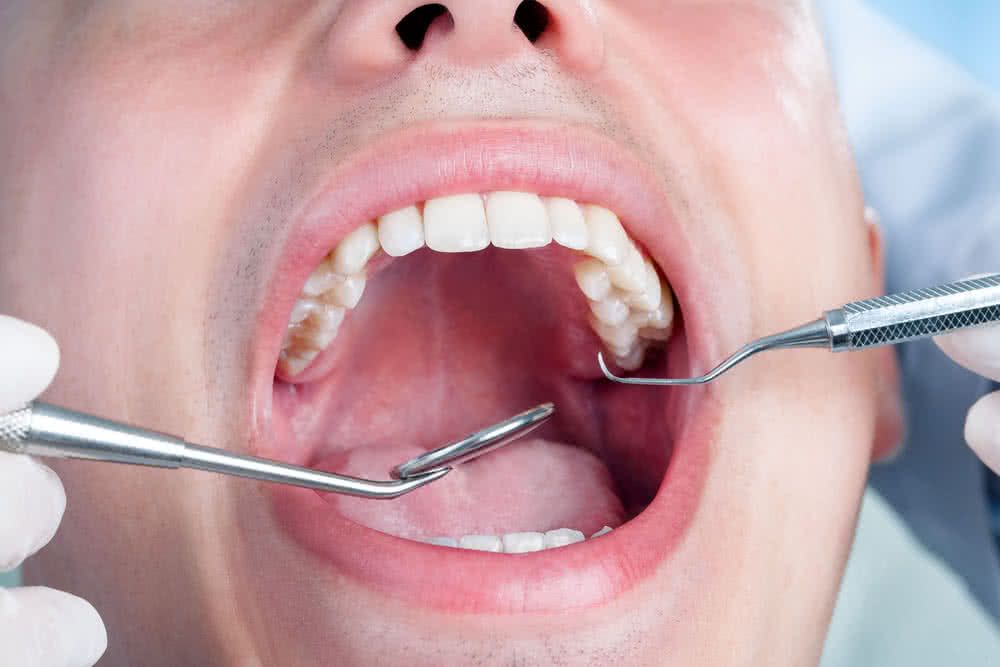Substance use can significantly impact nearly every part of the body—and oral health is no exception. From cavities to gum disease and tooth loss, drug and alcohol use can have long-lasting effects on dental health that often go unnoticed until serious damage has occurred. According to the National Institute of health, “People with drug use disorders have elevated prevalence of oral diseases, in particular dental caries (tooth decay), periodontal (gum) disease and xerostomia (dry mouth).”
How Substance Use Affects Oral Health
Dry Mouth (Xerostomia)
Many substances, including alcohol, opioids, methamphetamines, and cannabis, reduce saliva production. Saliva plays a crucial role in neutralizing acids, washing away food particles, and protecting against bacteria. Without it, the risk of tooth decay, gum disease, and mouth infections increases dramatically.
Poor Oral Hygiene
Substance use often leads to neglected self-care routines. Users may forget or lack the motivation to brush and floss, leading to plaque buildup, cavities, and gingivitis.
Tooth Grinding (Bruxism)
Stimulants like cocaine and methamphetamines can cause users to clench or grind their teeth, wearing down enamel and leading to jaw pain and tooth damage.

Diet and Cravings
Many drugs increase cravings for sugary foods and drinks. Combined with poor hygiene, this sugar intake creates a perfect storm for tooth decay and gum problems.
Acid Erosion
Vomiting from alcohol or drug use—especially with substances like heroin or during withdrawal—can bathe teeth in stomach acid, eroding enamel and increasing sensitivity and decay risk.
Substance-Specific Dental Effects
- Methamphetamine: Causes “meth mouth,” characterized by severe decay, broken teeth, and gum disease. The drug’s acidity, intense dry mouth, and craving for sugary soda contribute to the damage.
- Cocaine: Can cause ulcers, gum recession, and tooth erosion, especially when rubbed directly on gums.
- Alcohol: High in sugar and acidity, alcohol contributes to enamel erosion, staining, and increases the risk of oral cancer.
- Tobacco: Linked to gum disease, tooth loss, and a significantly higher risk of oral cancers. Smokeless tobacco also causes gum recession and tooth root decay.
The Importance of Dental Care in Recovery
Restoring oral health is an essential part of the recovery process. Dental issues can affect self-esteem, nutrition, and overall health. Recovery programs should include dental evaluations and access to care whenever possible.
- Schedule regular dental checkups
- Brush twice daily and floss once
- Drink water regularly to combat dry mouth
- Avoid sugary snacks and drinks
- Quit smoking or using tobacco products
- Use fluoride toothpaste and mouthwash
Last Word
Substance use and dental health are closely linked, and damage to the mouth is often one of the first visible signs of long-term drug or alcohol use. By addressing dental issues as part of a comprehensive recovery plan, individuals can improve their overall health, confidence, and quality of life.
About Celadon Recovery
Celadon is a comprehensive addiction and mental health treatment center located along the shores of the Caloosahatchee River in Fort Myers, Florida. With a full-continuum of care including detox, residential, and outpatient programs, we are committed to quality substance use and co-occurring disorder care. Call us today at 239-266-2141.





